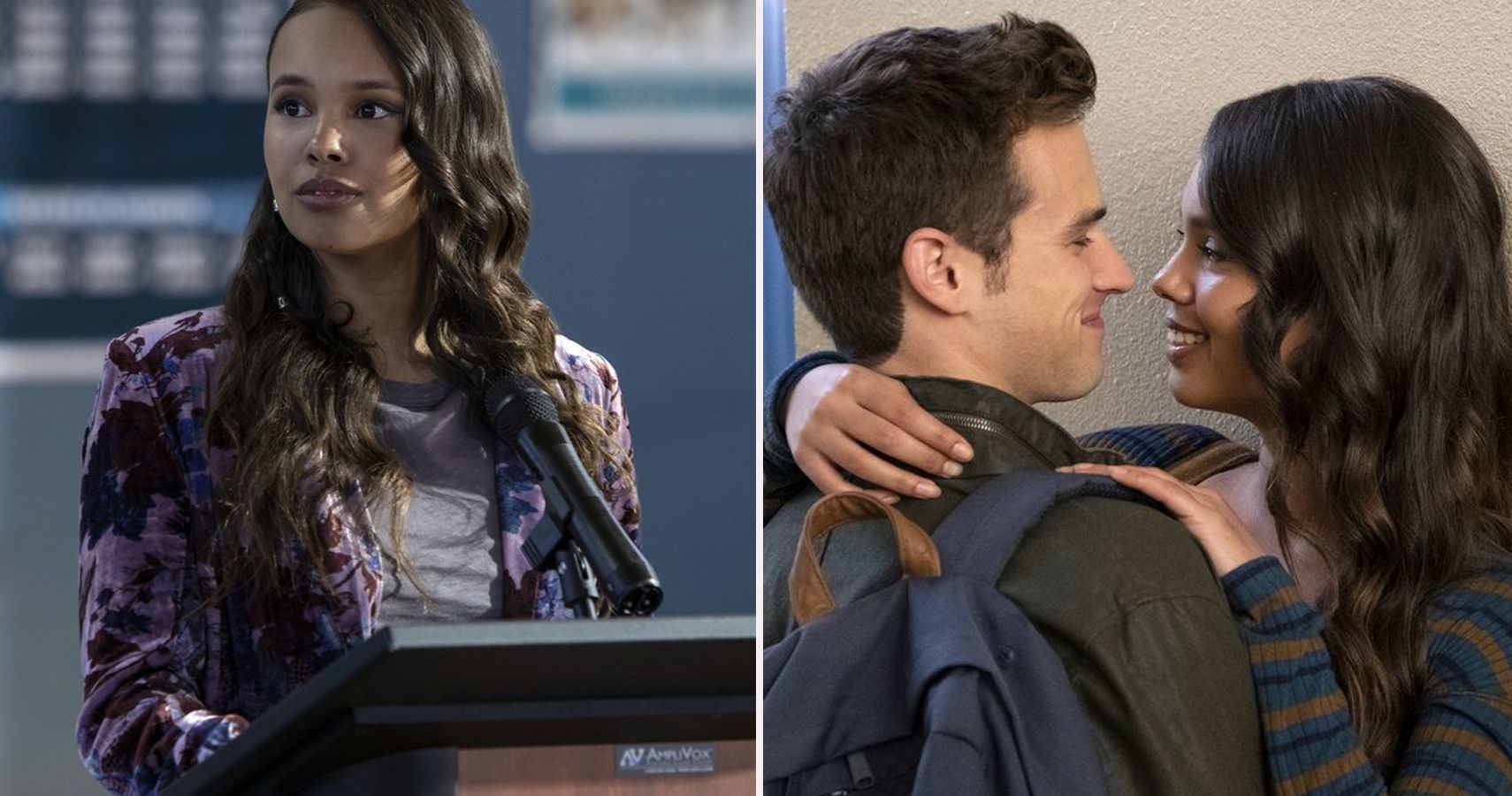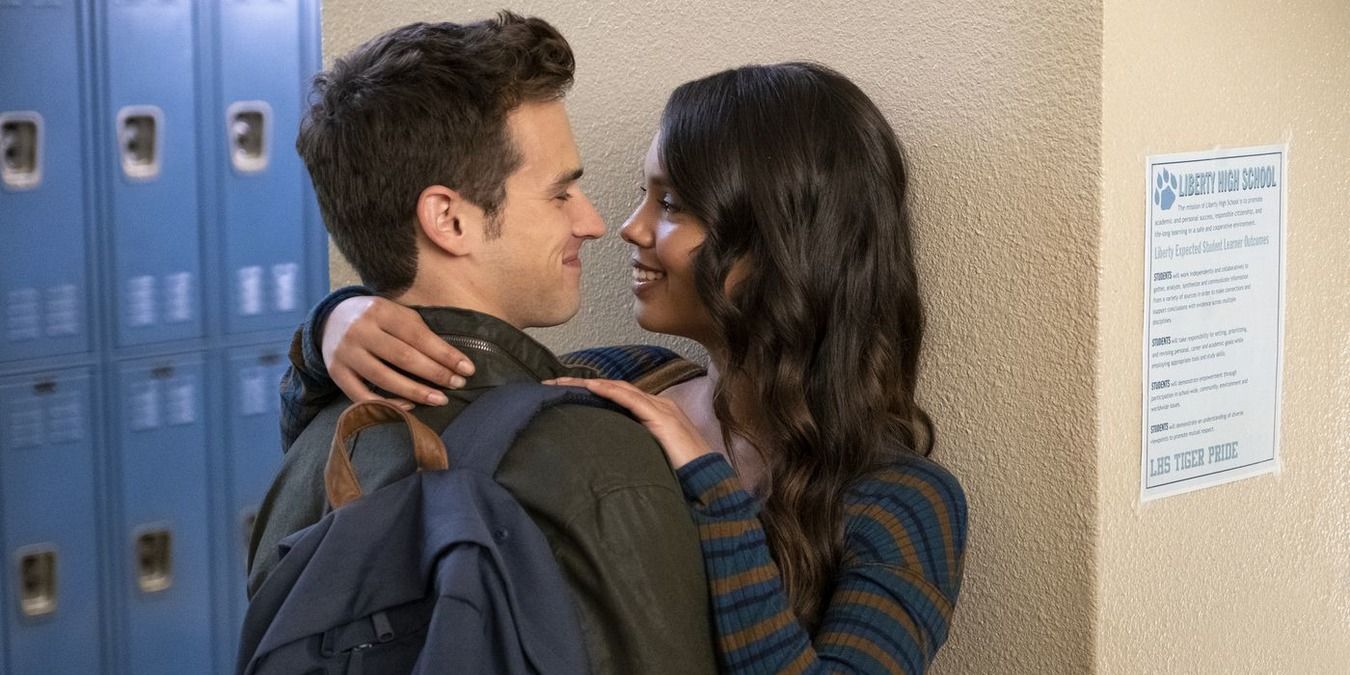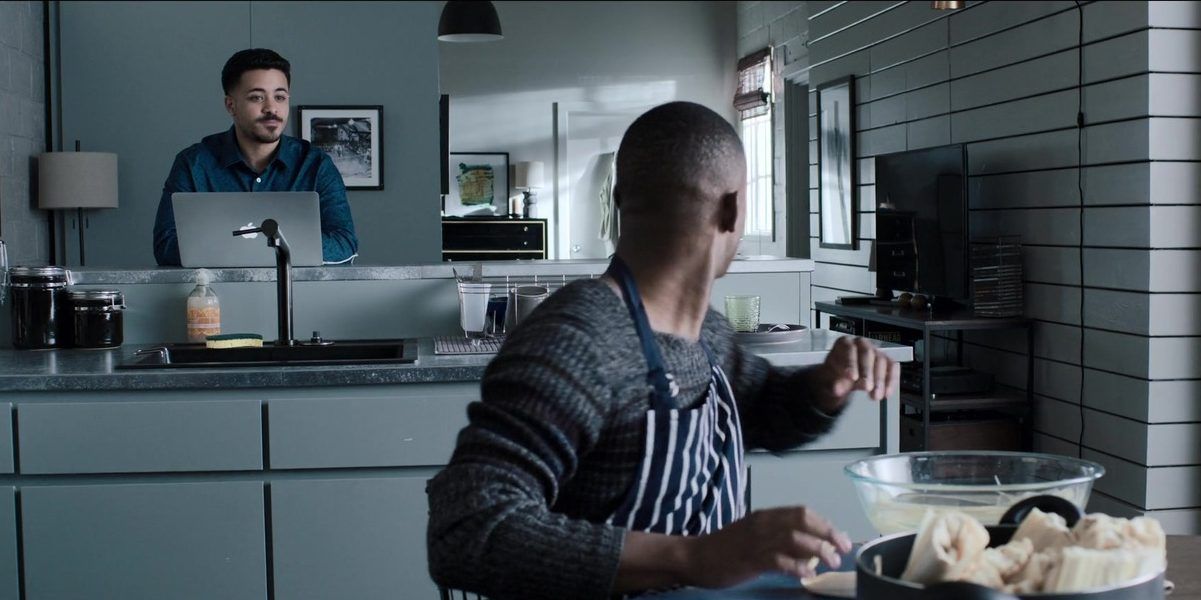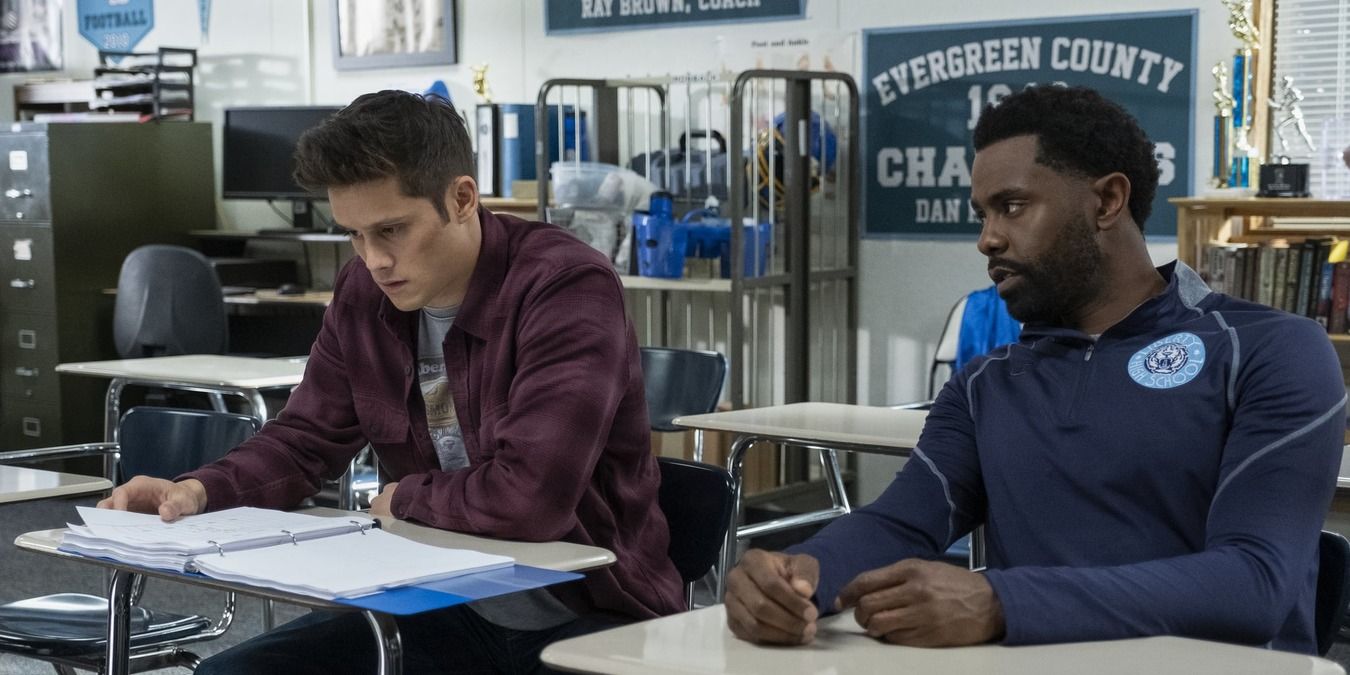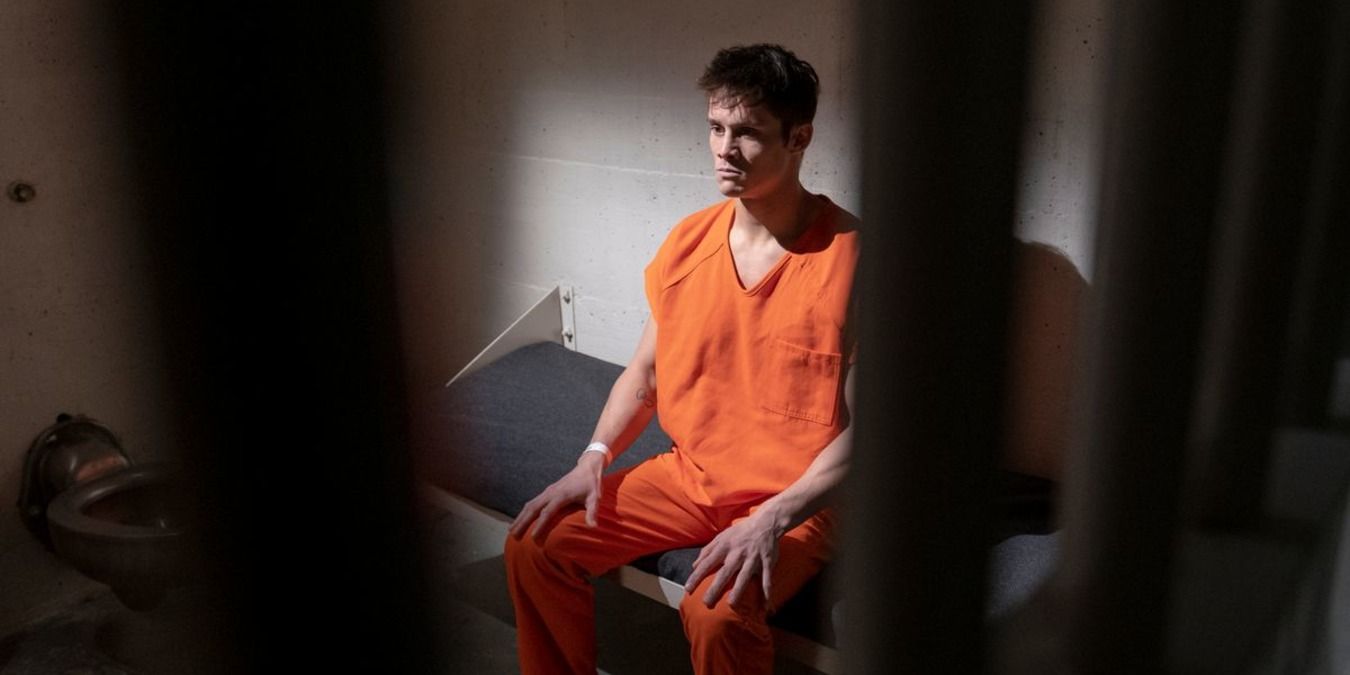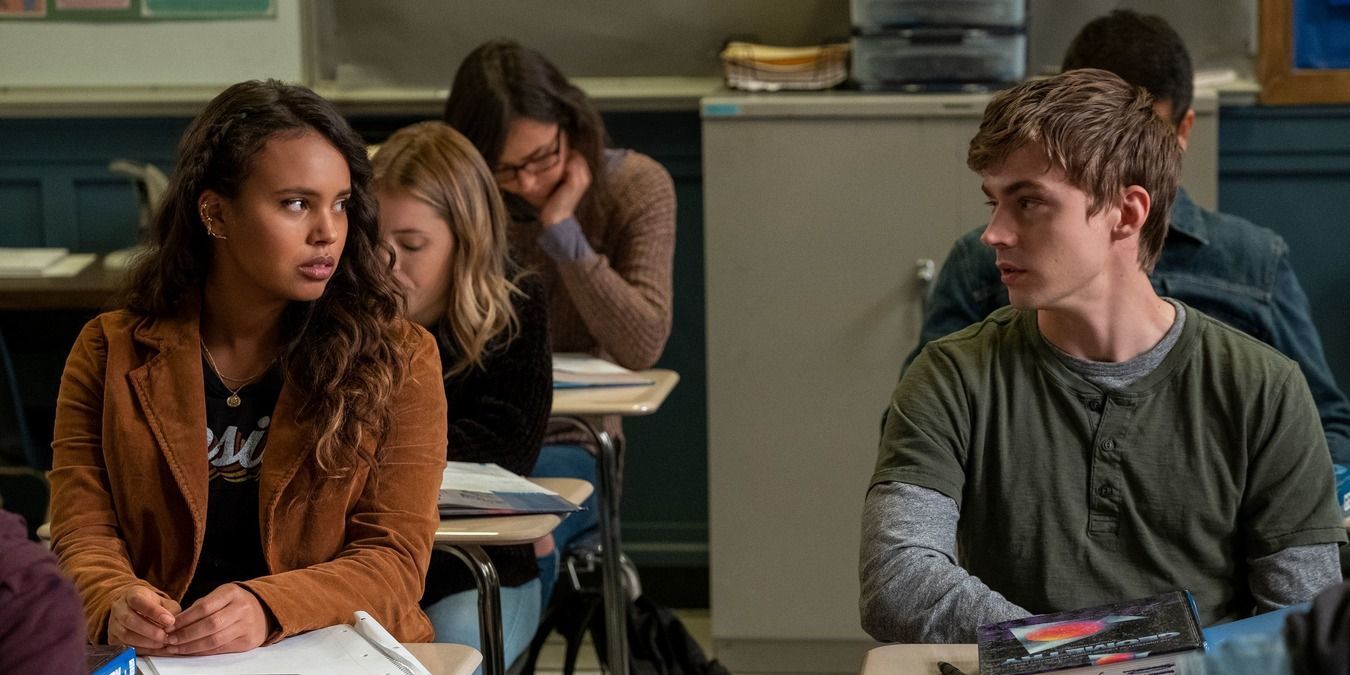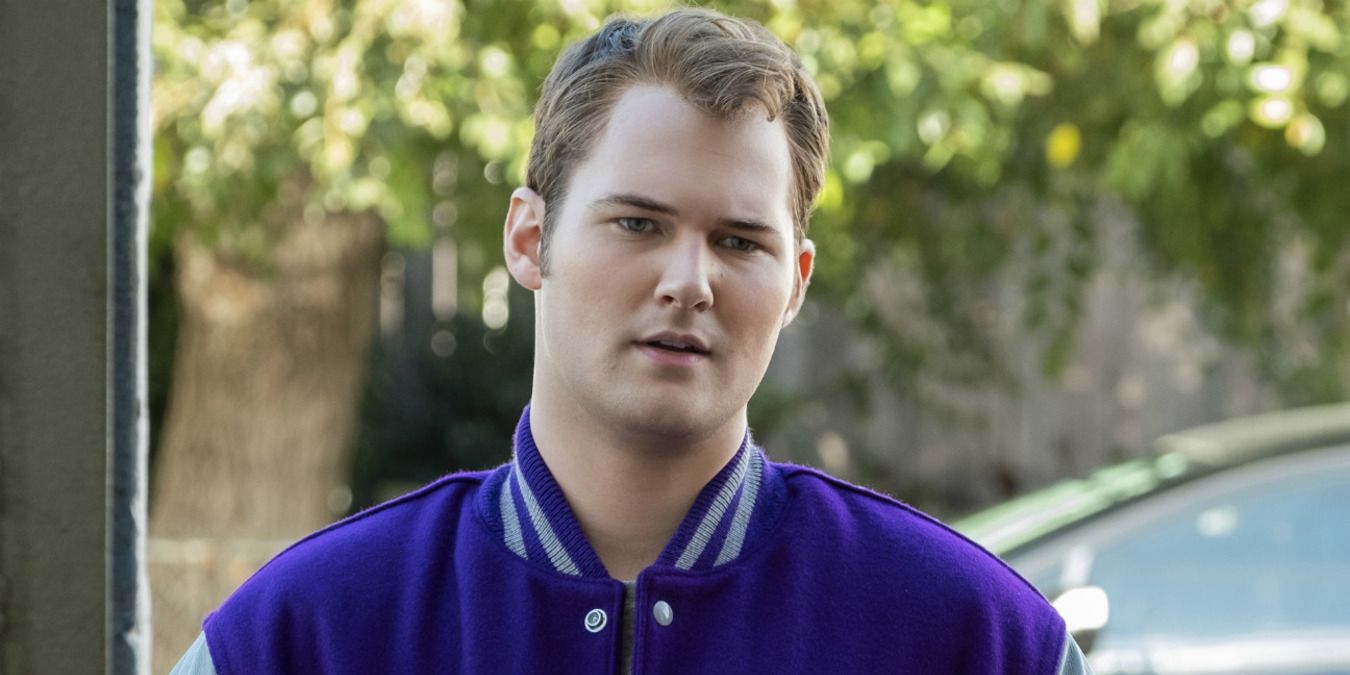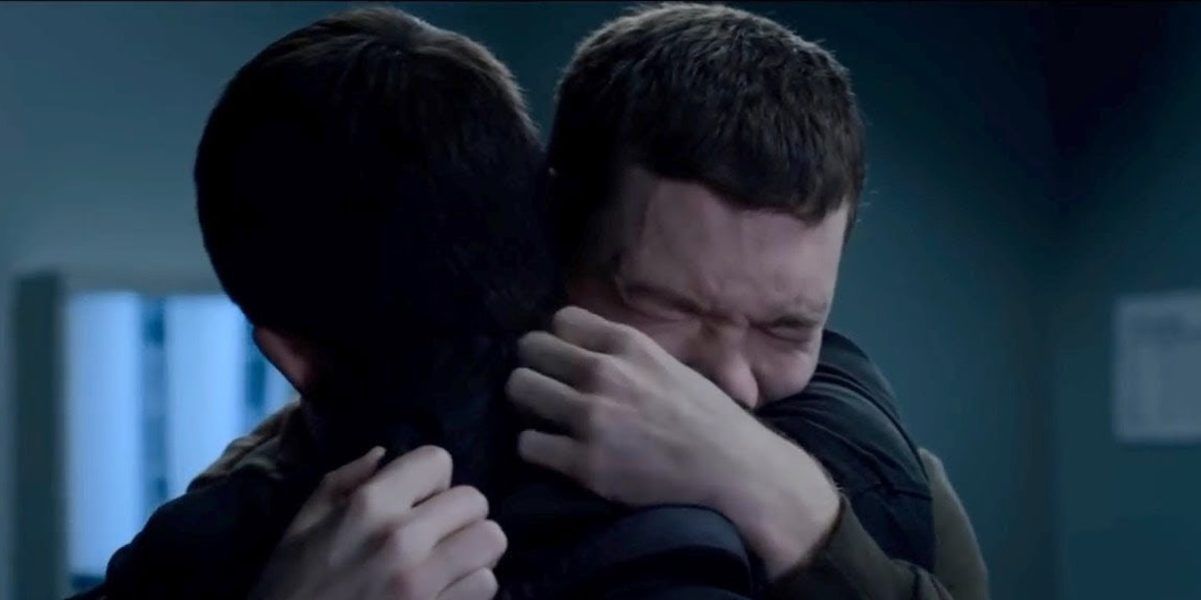Season 3 of the hit series 13 Reasons Why just premiered on Netflix this year. This show, set in a high school, tackles many issues that are faced by teenagers, although they aren't limited to teens. This is definitely a drama with intense themes, and even comes with a trigger warning. This show was initially centered around a teenager's suicide, making it an extremely controversial drama for young teens to watch. There was concern about the show glamorizing suicide, but despite this, it was wildly popular and continues to be renewed.
That being said, this show tackles a large number of issues that are faced by teenagers in real life, so this is definitely not another cliche high school drama. However, like all shows, there's definitely some controversy as a result of this show's bravery. This show packed in a lot, and of course, some issues were dealt with sensitively and well, while others fell short.
Wrong: High School Intimacy
This show features a lot of over-sexualized relationships - and they don't truly seem to capture the teenage sexual experience. Rather than showing the awkwardness and realism of early sexual experiences, the teens are incredibly sexually capable and confident, which can be problematic for viewers. Justin and Jessica are a strong pair, but their relationship can be a bit misleading about sex, especially for first-timers in high school. This is also the case for Bryce and Ani. The relationship between Hannah and Zach, or even Clay and Ani, show a much more relaxed, awkward, and casual high school relationship. It might create unrealistic expectations to be as wild and confident as the characters in this series seem to be.
Right: Abortion
Chloe's role in this season was pretty much strictly to showcase abortion and the pro-choice narrative. There are few, if any, shows that actually go into depth about the subject of abortion, including the procedure itself, and the decision process leading up to it the way that 13 Reasons Why did.
Also, the show does an impressive job of demonstrating Chloe's difficult choice rather than minimizing it or making her choice appear 'easy'. This theme drove home the message that abortion is not something that teenagers just instantly decide and don't care about. This is a personal and controversial topic, but the show did a good job of showing it truly as Chloe's choice.
Wrong: Feminism
While this theme kind of improves as the season progresses, it starts off by completely missing the point. For starters, up until the last episode, the only character you see wearing a "feminism" shirt is Casey. Casey is a caricature of a feminist, and represents the most negative stereotypes about feminism.
Jessica should have been the focal point for feminism, but she is often pushed down by the other characters in their advocacy group. Jessica's version of feminism is positive, and she tries to ensure that people are held accountable, while still not being completely anti-boy. Jessica is angry, and all the characters are, but Jessica's take is less about revenge and hate, and more about inclusiveness and the survivor's story. Casey's messages overwhelm the show, and portrays feminism in a bad light.
Right: Being a Survivor
While they missed the mark on feminism, they did at least make a powerful statement about survivors. For starters, by calling them just that: survivors.
Jessica Davis's character is so important in this narrative, but this show also demonstrates that every survivor's story is different and that their healing will also vary vastly. The best thing this show did with this issue is state repeatedly that coming forwards is their choice, and it can be very difficult to do so.
Wrong: Immigration
It almost seemed like this narrative was thrown in there just so they could say they tackled it as well.
Tony's family is deported. His reaction is devastation, and it is a clear commentary on ICE and the current political situation. However, since fans didn't get to really know Tony's family, it was difficult to feel the full effects of the issue.
In addition, there were issues with this complex issue simply not being given enough time or exploration on-screen. With so many other teen issues at the forefront, this potentially wasn't the right platform to discuss the issues, especially if there wasn't going to be more time dedicated to it.
Right: Toxic Masculinity
This show brilliantly talks about masculinity among young men. Monty and just about every athlete are an incredible demonstration of how this image of masculinity can be incredibly toxic.
Monty's father has (literally) beat into him notions of "being a man", and this has led him to hide his emotions, to be violent, and to assert his masculinity on everyone. High school is a tough time, and every young man in this show feels they have to be "tough" as well. This series shows the negative consequences that Monty faces because of his toxic masculinity, and it also demonstrates how society as a whole can really force young people to believe they must be "manly". Considering Monty's fate, this show tries to demonstrate that toxic masculinity can be extremely problematic, and there's no need to prove oneself as a manly man.
Wrong: The Prison System
Whether or not you agree with the humanization of Bryce Walker, one of the biggest mistakes this show made was making Monty the villain in the way that they did. Tossing him in jail to die is a straightforward punishment narrative, rather than a true exploration of what led to his behavior and how he could be helped.
Did anyone ever consider that he needs serious help? Like a dad that doesn't beat him, a home where he feels safe and comfortable, or coping mechanisms to deal with his anger? We know he's capable of these things, we've seen it. This show failed at demonstrating that young men in this position need help, not a jail sentence.
Right: High School Drug Use
Drugs are a common thing in high school, regardless of how much parents may hate to admit it. While this show did tackle much more serious drugs, like Justin's addiction to meth and Oxycontin, this show also did a brilliant job by showing how other drugs are commonplace in schools.
The narrative of steroids was genius. This ties into the idea of toxic masculinity, but it deserves its own recognition. This is a real problem in high school and universities everywhere, and it deserves more attention.
Wrong: Guilt & Remorse
Again, there's controversy over Bryce being shown as, well, a human, or the victim of his story. This was not necessarily a great move, although it was interesting to see the other side to him, and the remorse that he clearly felt. However, one of the reasons it didn't land was because it was incredibly rushed and all over the place.
The first two seasons have no indication that Bryce was capable of these emotions. Then they suddenly surface in a very obvious way. Then, as we finally begin to sympathize, he breaks Zach's leg, spits in Clay's face, and threatens Alex? We're lost.
Right: Sexual Assault of Men
This theme is far too rare in film and television. Yes, it is statistically more likely for women to be the victim of sexual assault, but, it happens to men, too - and a lack of awareness around this can make it even harder for male victims to come forward. The amount of time that the show dedicated to this was impressive.
Tyler's journey was huge, and it also showed the added 'embarrassment' that comes with being a man in this position. Also, that there were other stories, like Justin's childhood abuse.

